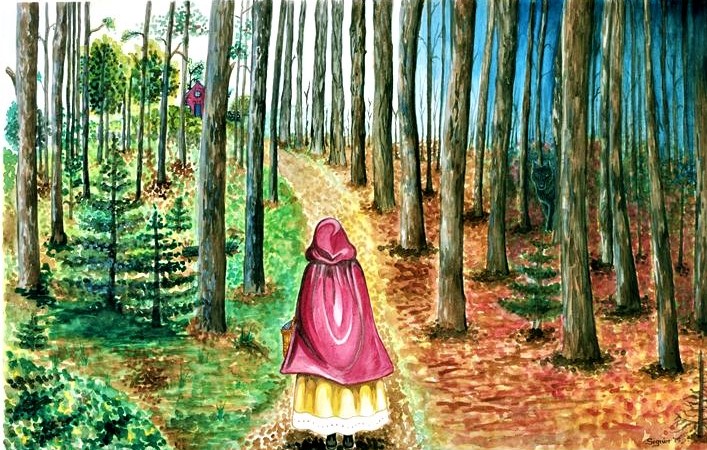10 expressions that are NOT so easy to figure out.
Spanish is an interesting and complex language, full of colorful expressions and idioms. Learning these expressions can greatly enhance your understanding of the language and allow you to communicate more effectively with native speakers. In this post, we’ve compiled another list of 10 Spanish expressions, along with their literal translations and English equivalents. Whether you’re […] More













